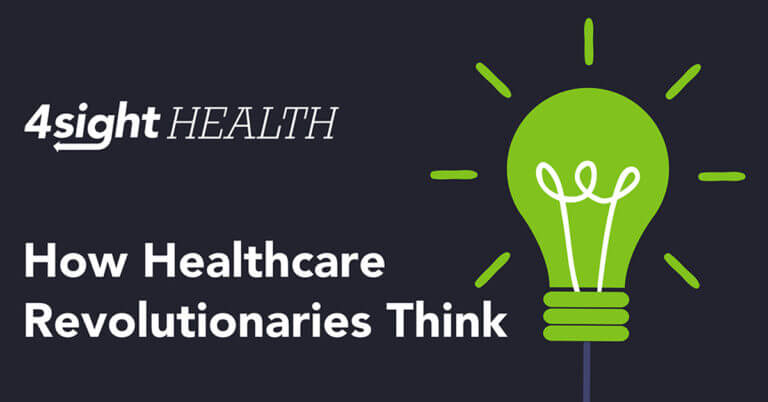March 15, 2023

When Knowing About the Healthcare Revenue Cycle Gets You an Extra Donut
Kids and adults like to complain about classes they had to take in school that, in their opinion, have no application in real life. “I’ll never use algebra when I’m older!” “Why did they make us dissect frogs in biology? I’ve never had to dissect a frog in 40 years!” That sort of thing.
For whatever reason, I find myself in the other camp. You never know when a seemingly useless piece of knowledge — or a tiny flathead brass wood screw — will come in handy. (You should see my workbench.)
Last week, one of my seemingly useless pieces of knowledge saved my mom from a $250 medical bill. It’s not much, but to an 84-year-old raised by Depression-era parents, the savings was a big deal.
Here’s what happened: I took my mom to her cardiologist appointment. I saw her hand the office staff her ID and Medicare Advantage insurance card at registration. She saw her cardiologist. He agreed to refill her blood pressure medication. I drove her back home.
A week later, the academic medical center where the cardiologist works sent her a $250 bill for the office visit, and she paid it immediately. People raised by Depression-era parents also don’t like to have outstanding bills. There’s something dishonorable about owing someone money.
Then, of course, she called me to complain about the bill because she thought it was too high, especially when she usually pays a nominal copay for an office visit with a doctor under her MA plan. It’s typically $20 for primary care and $30 for a specialist. So, I drove over last week to take a look at her bill.
Here’s where my seemingly useless piece of knowledge comes in. As a healthcare business journalist, I happen to write a lot about revenue cycle management. That’s the art and science of hospitals, health systems and medical practices collecting every dime they think they’re owed from payers and patients. They used to call it billing and collections, but someone decided that sounded too harsh when seeking payment from people who were sick or injured.
Anyway, I happen to know more about the healthcare revenue cycle than the average person simply because I write about it a lot.
I took one look at my mom’s bill and instantly knew what the problem was. The hospital misclassified her as “self-pay.” That’s a class of patient assigned by the revenue cycle department to people who don’t have insurance. The charge for the office visit was $750. My mom got a $500 “self-pay” cash discount. She owed the $250 balance, which she paid.
(Statistically speaking, self-pay patients are more likely to pay a $250 bill than they are a $750 bill. Better to get something than nothing. It also improves cash flow, reduces days in accounts receivable and helps speed the month-end close process. But I digress.)
Somehow, despite the hospital registration desk copying the front and back of my mom’s MA insurance card, the hospital entered her into its system as uninsured.
I called the customer service number on the bill, and a customer service representative asked me for the guarantor number on the bill. I also know what that is and where to find it. That’s despite the fact it’s in agate type and, I’d argue, virtually impossible for senior citizens to see without magnifiers.
I said, “The guarantor number is XXXXXXX, and you misclassified my mom as self-pay when she has a Medicare Advantage plan. She showed you her insurance card at registration. She should be classified as managed Medicare. I need you to submit your claim to her plan, have the plan send us an EOB and you to refund what she paid minus her co-pay.”
Boom.
Silence. Then, “That’s exactly what will happen, sir. Expect an EOB in two to three weeks. We’ll refund what we owe her. We’re very sorry for the mistake. Thank you.”
No. Thank you.
My mom watched this unfold at the kitchen table and said, “Do you want another donut?” Children of Depression-age parents always have coffee and donuts for breakfast.
Finally, my useless pieces of knowledge about the healthcare revenue cycle came in handy, and I got an extra donut. Life is good.
Maybe they should teach healthcare revenue cycle in high school instead of algebra?
Thanks for reading.





